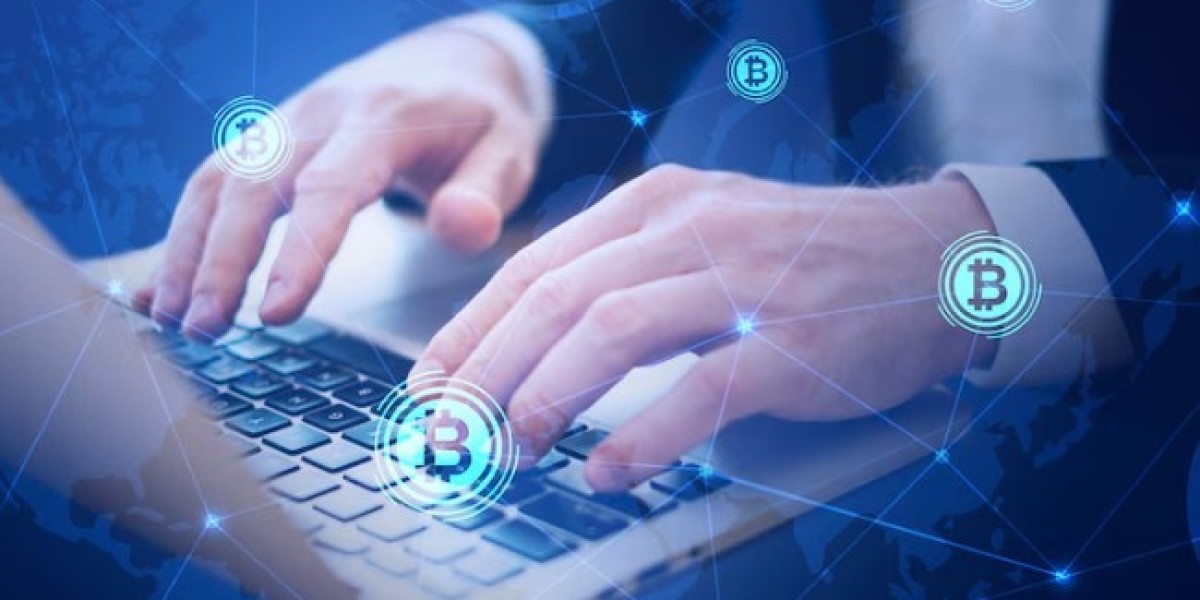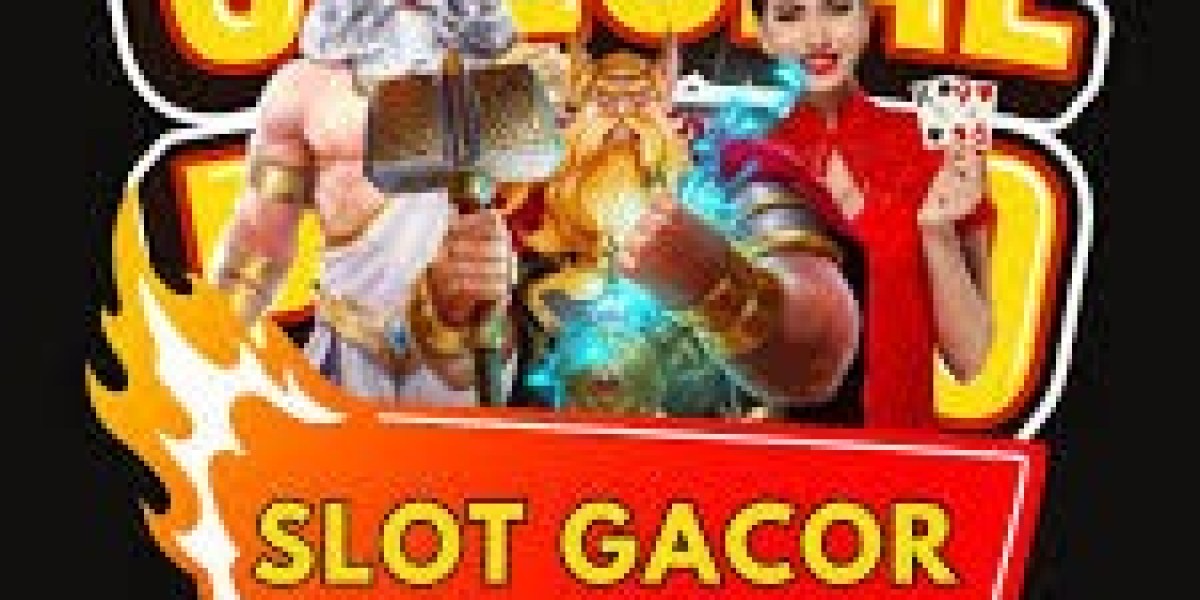In the rapidly evolving digital landscape, the role of a Blockchain Developer has become increasingly vital. As businesses across various sectors adopt blockchain technology to enhance security, transparency, and efficiency, the demand for skilled professionals in this field is soaring. But what does it take to become a successful blockchain developer? In this post, we’ll explore the essential skills that every aspiring blockchain developer should possess to thrive in this exciting and challenging career.
1. Understanding Blockchain Technology
First and foremost, a solid understanding of blockchain technology is fundamental for any blockchain developer. This includes knowing how blockchains operate, the various types of blockchain (public, private, and consortium), and the key components such as blocks, nodes, and consensus mechanisms.
A blockchain developer should also grasp the underlying cryptographic principles that ensure the security and integrity of blockchain systems. Familiarity with hash functions, digital signatures, and public and private keys is crucial. By comprehending these concepts, developers can create secure and reliable applications that leverage blockchain's potential.
2. Proficiency in Programming Languages
Programming skills are a must for any blockchain developer. Various programming languages are commonly used in blockchain development, including:
- Solidity: The primary language for developing smart contracts on the Ethereum platform.
- JavaScript: Often used for front-end development and creating user interfaces for blockchain applications.
- Python: Known for its simplicity and readability, Python is increasingly popular for blockchain development due to its extensive libraries and frameworks.
- C++: Utilized in Bitcoin and other cryptocurrencies, C++ allows for fine-grained control of system resources.
- Go: This language is becoming increasingly favored for its efficiency and performance, especially in developing smart contracts and decentralized applications (dApps).
Having expertise in these programming languages is vital for a blockchain developer to build robust and scalable applications.
3. Knowledge of Smart Contracts
Smart contracts are self-executing contracts with the terms of the agreement directly written into code. Understanding how to create, test, and deploy smart contracts is essential for a blockchain developer. Proficiency in Solidity is particularly important for developers working on the Ethereum platform, as it is the primary language for writing smart contracts.
In addition to coding smart contracts, developers should also be familiar with various testing frameworks and tools, such as Truffle and Remix. Testing is crucial to ensure that smart contracts are functioning as intended and are secure from vulnerabilities.
4. Familiarity with Blockchain Frameworks
Various blockchain frameworks facilitate the development process and provide essential tools for creating blockchain applications. Familiarity with these frameworks can significantly enhance a developer's productivity and effectiveness. Some widely used blockchain frameworks include:
- Ethereum: The most popular blockchain platform for developing dApps and smart contracts.
- Hyperledger Fabric: An open-source blockchain framework designed for enterprise solutions, focusing on privacy and scalability.
- Corda: Primarily used in financial services, Corda is designed to facilitate secure transactions between businesses.
Having experience with these frameworks allows developers to choose the right tools for their projects and leverage their features effectively.
5. Understanding Decentralized Applications (dApps)
Decentralized applications, or dApps, are applications that run on a blockchain network rather than a centralized server. Blockchain developers should have a solid understanding of how to design and develop dApps, including their architecture and the interaction between smart contracts and front-end interfaces.
Developing dApps involves not only coding but also understanding user experience (UX) and user interface (UI) design. A blockchain developer should be capable of creating intuitive and user-friendly applications that encourage user adoption.
6. Security Practices
Security is a top concern in blockchain development, as vulnerabilities can lead to significant financial losses and data breaches. Developers must prioritize security throughout the development process. This includes:
- Understanding common security threats, such as reentrancy attacks, overflow/underflow vulnerabilities, and denial-of-service attacks.
- Implementing security best practices, such as regular code audits, using established libraries, and following coding standards.
- Keeping up with the latest security developments and vulnerabilities in the blockchain space.
A strong focus on security is essential for building trust and credibility in blockchain applications.
7. Problem-Solving and Analytical Skills
Blockchain development often involves complex problem-solving tasks. Developers should possess strong analytical skills to identify issues, devise solutions, and optimize existing systems. This includes:
- Debugging code and troubleshooting issues that arise during development.
- Evaluating the trade-offs of different design choices and selecting the best approach for a given problem.
- Analyzing user feedback to improve applications continually.
Strong problem-solving skills enable developers to navigate the challenges inherent in blockchain development effectively.
8. Collaboration and Communication Skills
Blockchain development often involves working with cross-functional teams, including designers, product managers, and other developers. Effective collaboration and communication skills are essential for ensuring that all team members are aligned and working towards a common goal. Developers should be able to articulate technical concepts to non-technical stakeholders and provide clear updates on project progress.
Additionally, as blockchain technology is inherently decentralized, developers may collaborate with other blockchain professionals globally. Being able to work well in a remote or distributed team setting is increasingly important.
9. Continuous Learning and Adaptability
The blockchain landscape is constantly evolving, with new technologies, frameworks, and best practices emerging regularly. A successful blockchain developer should have a commitment to continuous learning and staying updated on industry trends. This includes:
- Attending workshops, conferences, and meetups to network with other professionals and learn about the latest developments.
- Following industry news and updates from reputable sources to keep informed about changes and advancements in blockchain technology.
- Engaging in online courses, tutorials, and coding challenges to refine skills and learn new techniques.
Embracing a mindset of adaptability and a willingness to learn is crucial for long-term success in the blockchain field.
Conclusion
Becoming a successful Blockchain Developer requires a diverse skill set, ranging from technical expertise in programming and security to soft skills like communication and collaboration. As the demand for blockchain technology continues to grow, developers equipped with these essential skills will find themselves in high demand, paving the way for exciting career opportunities.
If you are considering a career in blockchain technology, developing these skills is crucial for landing desirable Blockchain Developer Jobs. With dedication and continuous learning, you can position yourself for success in this dynamic and innovative field.



